All Stories
-
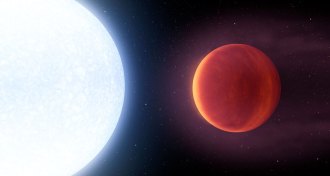 Astronomy
AstronomyScalding hot gas giant breaks heat records
KELT 9b’s sun blasts it with so much radiation that the planet’s dayside is hotter than most stars and its atmosphere is being stripped away.
-
 Life
LifeWhen it comes to the flu, the nose has a long memory
Mice noses have specialty immune cells with long memories.
-
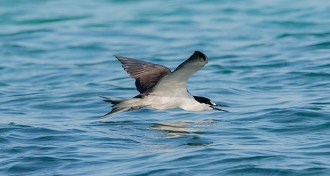 Animals
AnimalsSooty terns’ migration takes the birds into the path of hurricanes
Sooty terns migrate south from southern Florida and back again. The track sometimes takes the birds into the path of hurricanes, a new study finds.
-
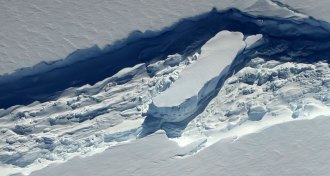 Earth
EarthAntarctica’s Larsen C ice shelf is within days of completely cracking
The crack in Antarctica’s Larsen C ice shelf grew another 17 kilometers between May 25 and May 31, 2017 and is at risk of breaking off a massive iceberg.
-
 Climate
ClimateU.S. will withdraw from climate pact, Trump announces
President Trump announced June 1 that the United States will withdraw from the Paris climate accord.
-
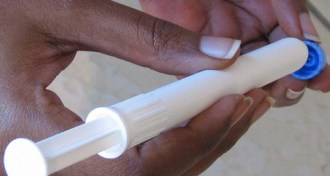 Health & Medicine
Health & MedicineWhen preventing HIV, bacteria in the vagina matter
Vaginal bacteria affect how well microbicide gels used to prevent HIV work.
-
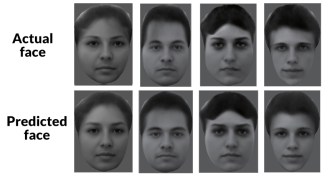 Neuroscience
NeuroscienceBrains encode faces piece by piece
Cells in monkey brains build up faces by coding for different characteristics.
-
 Physics
PhysicsLIGO snags another set of gravitational waves
Two black holes stirred up the third set of gravitational waves ever detected.
-
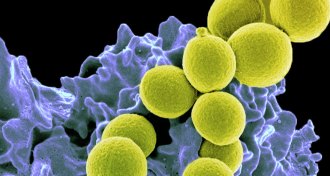 Health & Medicine
Health & Medicine50 years ago, antibiotic resistance alarms went unheeded
Scientists have worried about antibiotic resistance for decades.
-
 Health & Medicine
Health & MedicineBabies categorize colors the same way adults do
Babies divide hues into five categories, much like adults, a result that suggests color categorization is built into the brain.
-
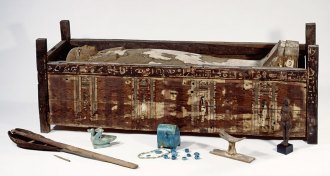 Genetics
GeneticsMummy DNA unveils the history of ancient Egyptian hookups
A study of DNA extracted from Egyptian mummies untangles ancient ancestry and attempts to resolve quality issues.
-
 Health & Medicine
Health & MedicineSome topics call for science reporting from many angles
There’s heartbreak in this issue. Science News investigates different facets of the ongoing opioid epidemic in the United States.